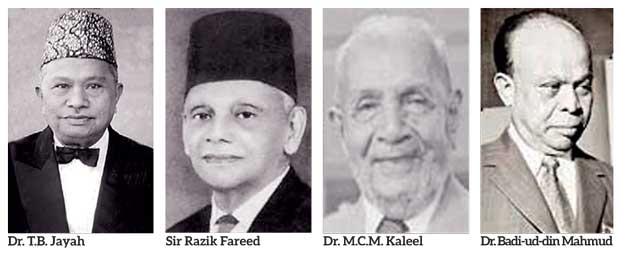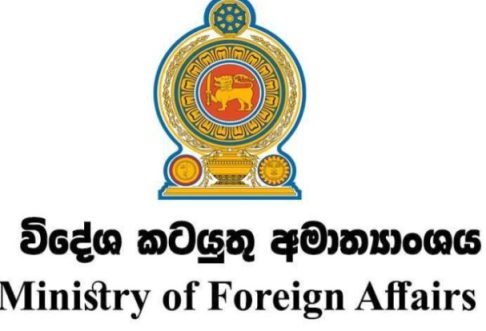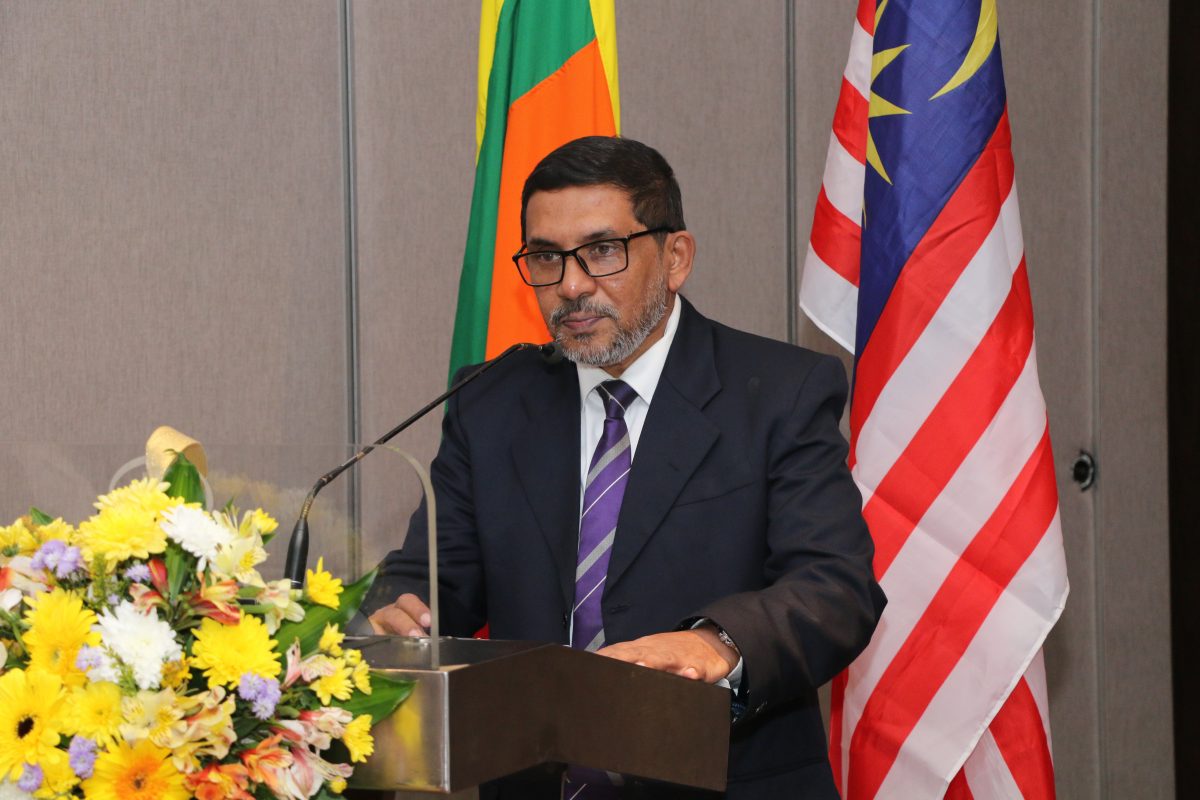Defence Secretary Leon Panetta told 60 Minutes on CBS, in a profile to be broadcast today, that Shakil Afridi helped provide proof that the compound in Abbottabad to which they had tracked a Bin Laden courier, was indeed sheltering the al-Qa'ida leader. Armed with this information, President Barack Obama swiftly authorised last May's assault by a US Navy Seals team. Bin Laden was killed, and a much-embarrassed Pakistan arrested Dr Afridi for acting for a foreign intelligence service. He has been in jail since, on suspicion of treason. Mr Panetta said he is "very concerned" for the doctor.
Mr Panetta gave no further details, but previous off-the-record briefings, both in the US and Pakistan, have provided details of just how US officials verified that the tall bearded figure seen walking in the compound was indeed Bin Laden. They could not confirm identification from long-range photographs, but strongly suspected they had found their man.
Dr Afridi, the medic in charge of health in the Khyber, was recruited by the CIA to collect DNA evidence from the children inside the compound to confirm that they were Bin Laden's – he rarely went anywhere without them for long. The plan was to mount a local hepatitis vaccination programme; ostensibly a public health initiative, its real purpose was to establish the genetics of the people inside the compound.
A nurse was duly allowed in. Either through collecting blood samples, through DNA traces on syringe needles or via an electronic device she reportedly carried in her handbag, the necessary proof was obtained. Operation Geronimo was launched, and President Obama was soon able to announce that the world's most wanted man was dead.
Pakistan was embarrassed on several levels. First, that the US was able to mount such an operation on its soil. Second, that it did not inform Pakistan until it was over. Third, by the implication that Pakistan's participation in the hunt for the al-Qa'ida leader was less than whole-hearted. Mr Panetta told CBS: "Don't forget, this compound had 18ft walls … It was the largest compound in the area. So you would have thought that somebody would have asked the question: 'What the hell's going on there?'"
He said he remains convinced that someone in the Pakistani government "must have had some sense" that a person of interest was in the compound, but added that he has no proof that Pakistan knew it was Bin Laden.
Of the accusation of treason against Dr Afridi, he said: "He was not in any way treasonous … Pakistan and the United States have a common cause here against terrorism … and for them to take this kind of action against somebody who was helping to go after terrorism, I think is a real mistake."
Associated Press reported yesterday that Pakistan had hoped to resolve the matter quietly, perhaps releasing Dr Afridi to US custody, according to two Pakistani officials. They requested anonymity because the investigation into charges that the doctor behaved treasonously was ongoing.

 Sri lanka Muslims Web Portal Sri Lanka Muslims News Center
Sri lanka Muslims Web Portal Sri Lanka Muslims News Center
 Donate
Donate


